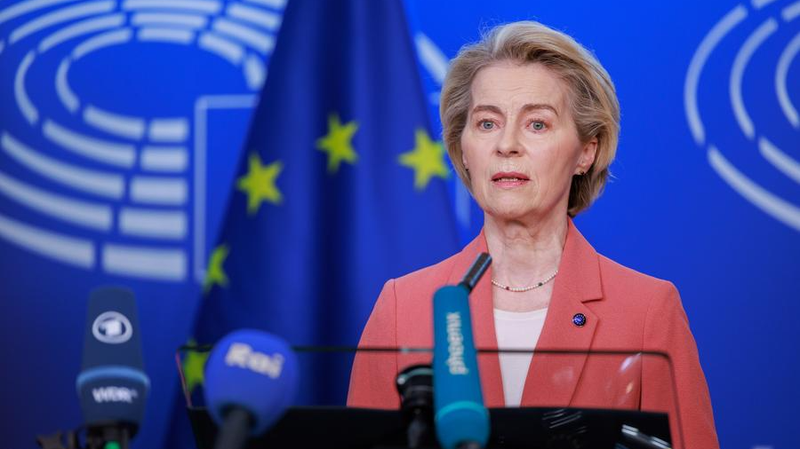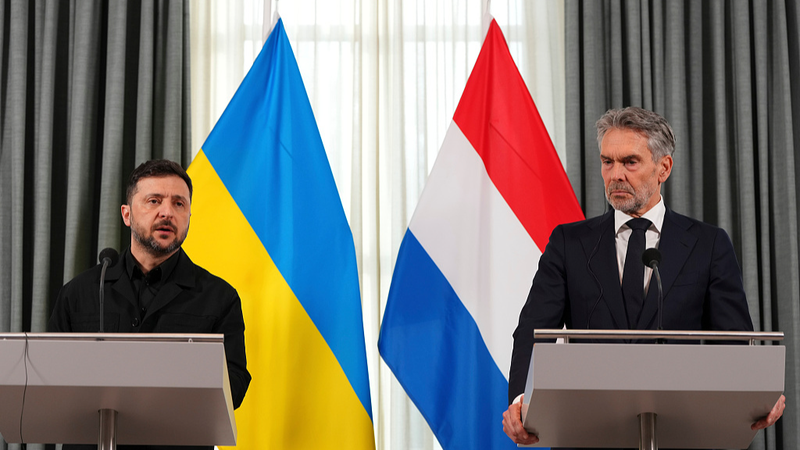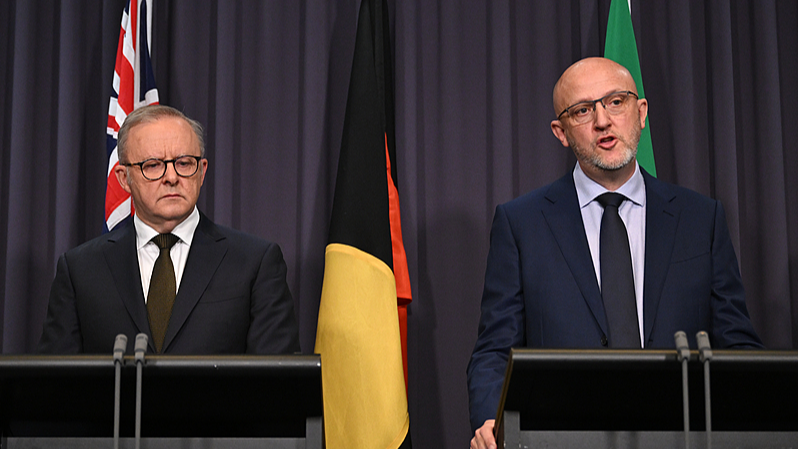U.S. President Donald Trump has taken a bold step by signing an executive order imposing a 25% tariff on all imported vehicles. The decision is set to take effect on April 2, replacing previously low tariffs and marking a dramatic shift in transatlantic trade relations.
European leaders and industry experts have reacted strongly. Hildegard Mueller, president of the German Association of the Automotive Industry, described the move as "a disastrous signal for free and rules-based trade." French President Emmanuel Macron even questioned the timing, pointing out the irony that longstanding allies were the first to be targeted. These remarks highlight growing concerns over the potential ripple effects on both sides of the Atlantic.
Trade experts warn that the new tariffs are likely to disrupt complex international supply chains, potentially increasing costs for U.S. consumers and shaking the competitiveness of European manufacturers. Jose Lopez-Tafall from the Spanish Association of Automobile and Truck Manufacturers emphasized that these measures could pave the way for an economic confrontation.
The decision has not only intensified debates about free trade but also raised alarms about the future of transatlantic partnerships. As political and economic experts delve into the implications, many are urging a reassessment of trade ties and a search for alternative partnerships to mitigate the economic impact.
This dramatic move, reminiscent of a high-stakes plot twist, leaves us wondering how global markets will adjust. Will the backlash spark new alliances or deepen existing divides? Only time will tell, but one thing is clear — the world of international trade is in for a wild ride! 🚗💥
Reference(s):
Trump's 25% tariffs on cars spark fierce backlash from Europe
cgtn.com




